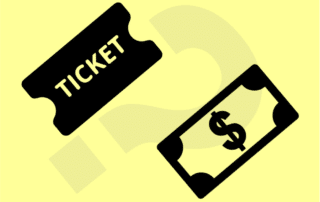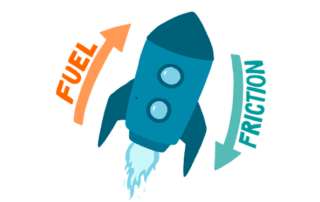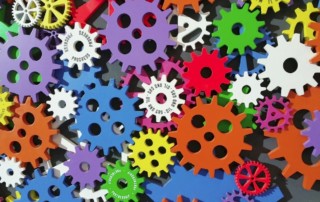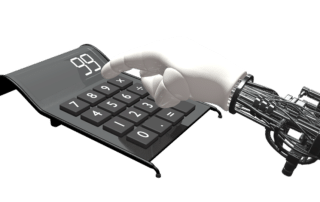Behavioural Data Science: Ushering in a New Age
Applied behavioural science is facing some tough challenges, in the form of an ongoing replication crisis and a public debate on limits to nudging (including COVID-related stumbles). At the same time, we believe there is reason to be optimistic: the fusing of behavioural knowledge with data science methods means that we can see some of these shared challenges in a completely new light. In this article, we show how a transformation of our interactions with consumers and employees can usher in a new age for the field.










